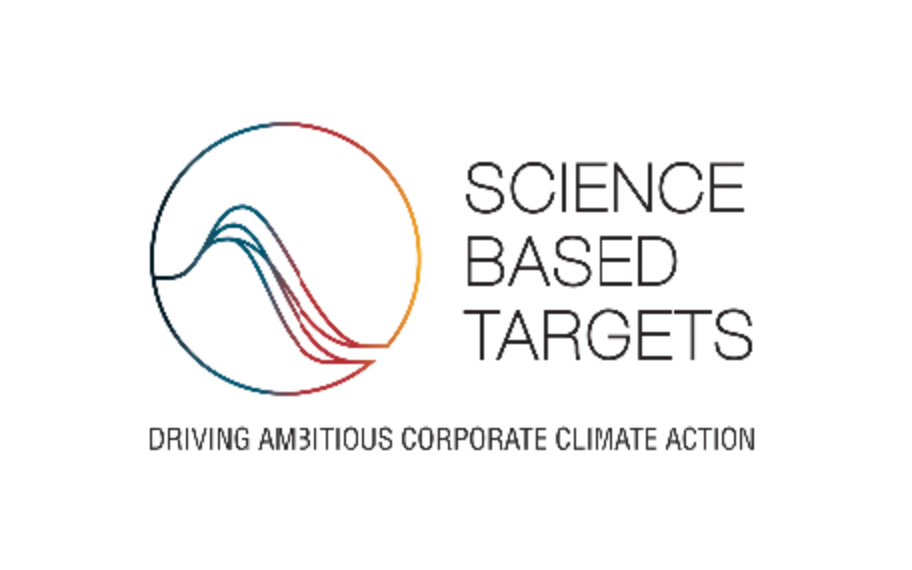CSR Visions
Corporate Sustainability Vision
Corporate sustainability development is an essential challenge and mission facing the global business community today. With the increasing demands for environmental protection, social justice, and economic prosperity, companies must think and act with a longer-term perspective and incorporate sustainability into their core values and business strategies. The corporate sustainability vision should aim to create an inclusive and prosperous future, encompassing three key aspects: environmental protection, social responsibility, and economic benefits. Environmental protection serves as a cornerstone of corporate sustainability development. Companies should commit to reducing their environmental impact, including lowering greenhouse gas emissions, conserving energy and resources, promoting a circular economy, and minimizing waste disposal. Additionally, businesses should actively engage in efforts related to climate change and ecological conservation, support sustainable energy and natural resource management, and align with global sustainable development goals. Social responsibility is an indispensable part of corporate sustainability development. Companies need to address and respond to societal needs and challenges, respecting and promoting human rights, labor rights, and social justice. This can be achieved by creating fair employment opportunities, providing safe and healthy working environments, supporting local community development, and fostering a diverse and inclusive cultural atmosphere. Firms should uphold ethical and moral values to ensure that their business pursuits have a positive impact on society, not just pursue short-term profits. The goal of corporate sustainability development is to achieve economic benefits and prosperity. Sustainable businesses do not solely focus on profit but combine financial gains with social value and environmental benefits. The vision of corporate sustainability is to create an inclusive and prosperous future. This requires companies to take a leadership role in environmental protection, social responsibility, and economic efficiency, integrating sustainability into their core values and business strategies. Only through collaboration, innovation, and persistent effort can we collectively build a sustainable world for future generations to thrive.
ESG Platform → Information Disclosure
Sustainability Unit
The Lai Yih Group actively promotes and strengthens its commitment to corporate sustainability, ESG development, and corporate social responsibility by establishing the ESG Sustainability Development Department. This department was created to address the operational impacts of environmental factors on the company. The ESG Sustainability Development Department has initiated the formation of several teams, including the Corporate Governance and Risk Assessment Team, Product Management and Customer Service Team, Sustainability Environment Team, Employee Welfare Team, and Social Responsibility Team, to execute sustainability-related strategies.
Corporate Social Responsibility Policy
As a responsible footwear manufacturer, the Lai Yih Group continually emphasizes its commitment to social responsibility issues, such as stakeholder interests, environmental protection, and social welfare, while pursuing sustainable business operations and profitability. Therefore, we have established social responsibility policies based on fundamental guidelines in areas such as corporate governance, product management and customer service, sustainability environment, employee welfare, and social responsibility.
-
Corporate Governance: We continually enhance our corporate systems, maintain a culture of integrity, and implement risk management systems.
-
Product Management and Customer Service: We strengthen our channels for public information dissemination, safeguard stakeholder rights and interests, and ensure timely information updates.
-
Sustainability Environment: We adhere to international environmental agreements, improve ISO management systems, and consistently reduce greenhouse gas emissions and waste generation.
-
Employee Welfare: We adhere to labor regulations, provide various forms of leave, offer internal incentives and bonuses per company regulations, and contribute monthly fixed donations to build homes for disadvantaged employees in overseas factories.
-
Social Responsibility: We have established a foundation to assist disadvantaged families and organize various donation activities and contributions in overseas factories.



